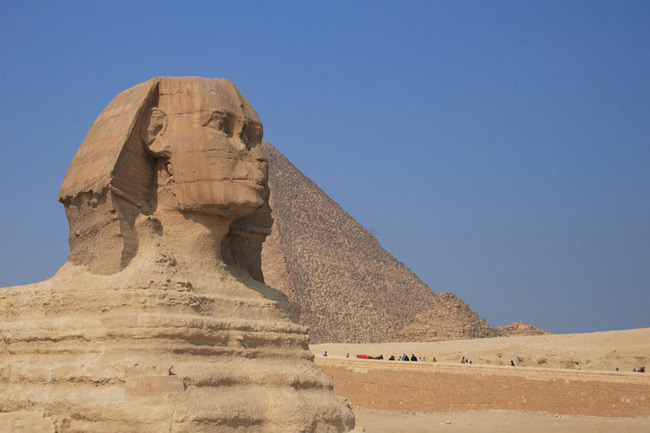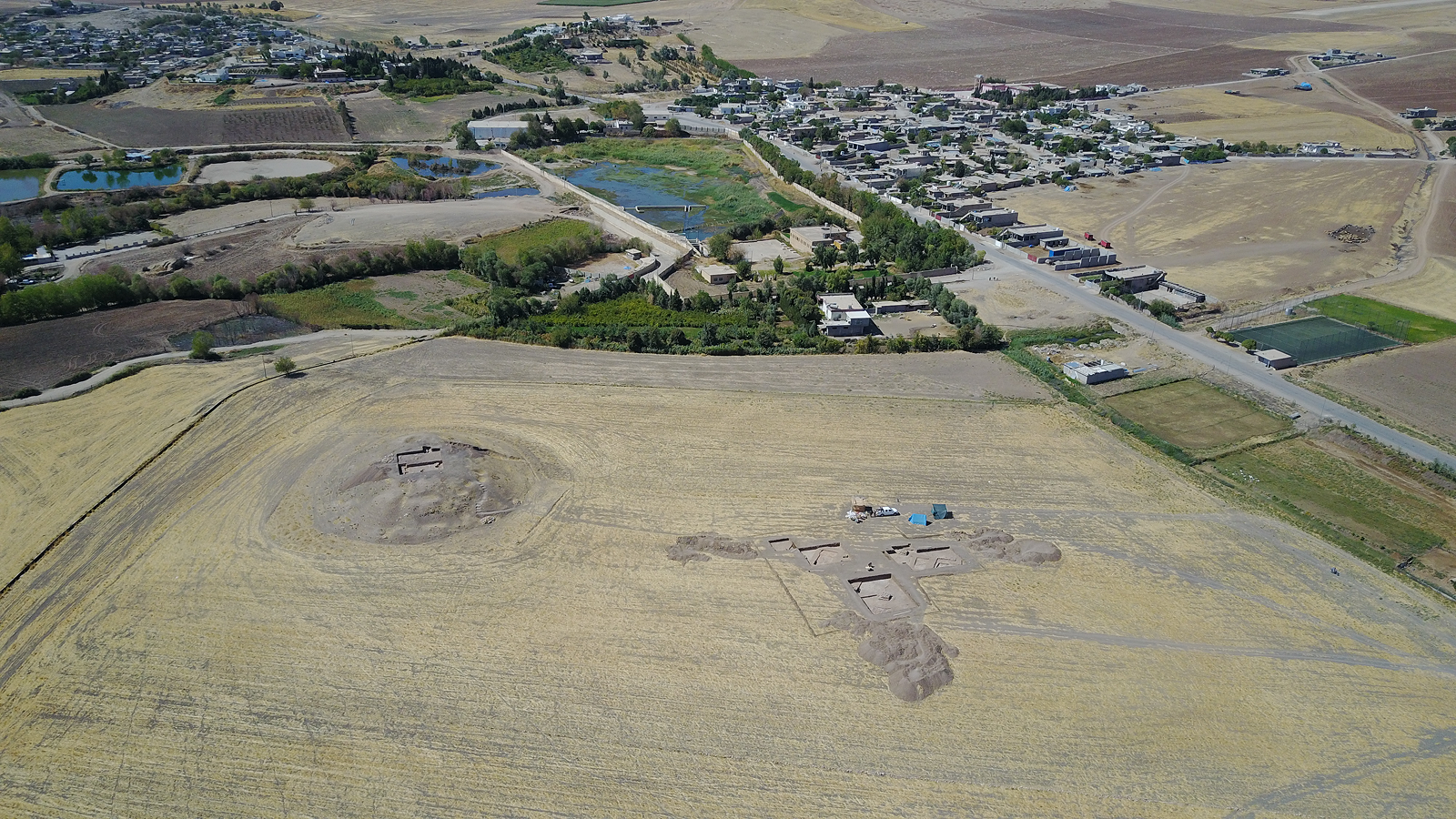Great Pyramid Shut Down After Rumors of 11/11/11 Rituals

Amid rumors of mysterious groups planning to hold 11/11/11 ceremonies at the Giza pyramids, Egyptian officials closed the largest pyramid of Khufu until Saturday morning, the Associated Press reported today (Nov. 11).
The closure is for routine maintenance, according to Egypt's antiquities authority, but online chatter and local media reports have focused on rumors that "Masonic" or "Jewish" rites were planned on the site at 11:11 a.m. local time on Nov. 11, 2011. According to the AP, Egyptian officials said nothing out of the ordinary happened at 11:11.
"Everything is normal," Giza complex director Ali al-Asfar told the news agency.
The Egyptian pyramids are a consistent focus for conspiracy theorists, with believers arguing that human hands could not have built these huge structures. (Aliens often get the credit.) Conspiracy theories also swirl around supposed secret chambers and passageways in the pyramids as well as the mathematics of the architecture.
Increasing the hype around the pyramids and 11/11/11, al-Asfar told the AP, is the fact that last month an Egyptian company requested permission to gather 120 people to "hug the pyramid," joining hands around the largest pyramid's base. That request was rejected, as-Asfar said, but it triggered online protest among Egyptians nonetheless.
You can follow LiveScience senior writer Stephanie Pappas on Twitter @sipappas. Follow LiveScience for the latest in science news and discoveries on Twitter @livescience and on Facebook.
Get the world’s most fascinating discoveries delivered straight to your inbox.

Stephanie Pappas is a contributing writer for Live Science, covering topics ranging from geoscience to archaeology to the human brain and behavior. She was previously a senior writer for Live Science but is now a freelancer based in Denver, Colorado, and regularly contributes to Scientific American and The Monitor, the monthly magazine of the American Psychological Association. Stephanie received a bachelor's degree in psychology from the University of South Carolina and a graduate certificate in science communication from the University of California, Santa Cruz.


